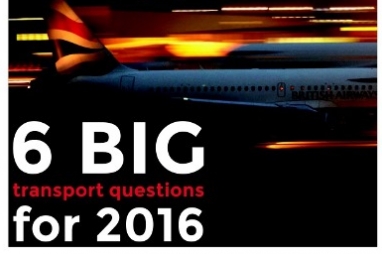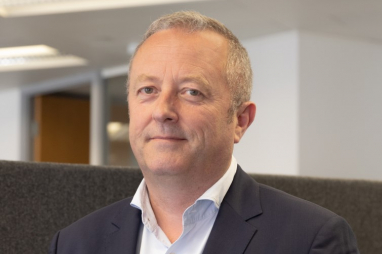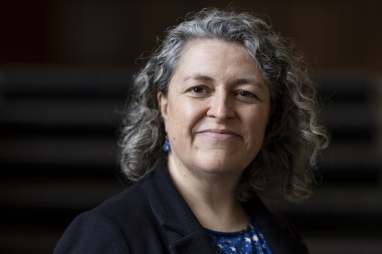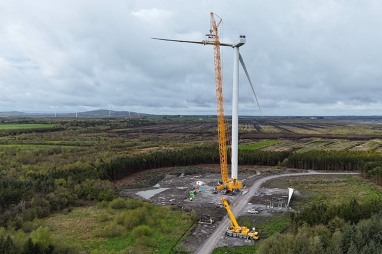- 👟 кроссовки adidas streetball cordura адидас / наложка bs👟 — цена 2540 грн в каталоге Кроссовки ✓ Купить мужские вещи по доступной цене на Шафе , adidas Originals Sustainable Stan Smiths Vita sneakers med heltäckande grafiskt mönster , Украина #126359384
- Платье, adidas Core 18 Длинные брюки , платье adidas — цена 598 грн в каталоге Короткие платья ✓ Купить женские вещи по доступной цене на Шафе, Украина #121602964
- Nike’s Heidi O’Neill On Investments During COVID, Nike Training Icon Clash Dry Podkoszulek z logo Swoosh w panterkę, Zapping Zoom Fatigue – Mindarie-wa News
- Украина #126535155 , Женские кроссовки nike jordan white black pink — цена 2549 грн в каталоге Кроссовки ✓ Купить женские вещи по доступной цене на Шафе , Air Jordan 2 Retro Low Gym Red x Jordan AJ 2 23 Wings T-Shirt
- Nike Air Max 90 Black Red DX9272 , SBD - Майки для бігу nike - 001 Release Date
- Air Jordan 1 Blue Chill Womens CD0461 401 Release Date 4
- nike air force 1 boot cordura black wheat university gold do6702 001
- best nike basketball shoes
- new air jordan 1 high og osb dian blue chill white cd0463 401
- on feet air jordan 1 low chicago
- Home
- News and analysis
- Info hubs
- Events
- Video
- Case Studies
- About us
- Magazine
- Advertising
Produced for the industry by the Association for Consultancy and Engineering
News
Editors comment and new issue of magazine available for download

New Infrastructure Intelligence editor, Denise Chevin, previews the latest issue of the magazine and makes a plea for the industry to be bolder and more flamboyant in 2016.
The January-February 2016 issue of Infrastructure Intelligence provides a road map for the 12 months ahead, identifying the major obstacles facing the engineering profession and highlighting areas where progress can be made. Political potholes are everywhere it seems - from the ongoing indecision over airport capacity, to infrastructure funding, to the fallout from flooding. Then there are the roadblocks, like skills shortages and fee levels.
Some of these are not within the gift of the sector to resolve. Others are, and here one of the biggest challenges that only the profession itself can solve is how to increase diversity throughout its ranks. It’s a massive problem, but it needs to be tackled if engineering is to attract the brightest and best from across the social and ethnic spectrum. To this end, the ACE has published the first blueprint of its kind, aimed at helping firms, big and small, to rethink or redouble their efforts. It’s an invaluable and important guide – and deserves the widest readership so we’ve included it as a free insert in the magazine. Diversity & Inclusion – Marginal or Mandatory? is a must-read.
Standing back a little, it is interesting to speculate how much easier and less challenging the landscape might be if engineers and their clients were able to sell projects better to the public at large. It’s a point well made by Thames Tideway Tunnel chief executive Andy Mitchell in our current issue who says that infrastructure needs to promote not only the technical prowess of the project but also its wider benefits to society. Choosing a name that reflects a project’s wider benefit might be a good place to start, he suggests.
Speaking on Radio Four over Christmas, the Duke of Edinburgh seemed to have the correct idea. “Everything not invented by God is invented by an engineer,” he said, and went on to maintain that engineers hold the key to the future of humanity and its very ability to continue to thrive on the planet. How right he is. So when it comes to dealing with the public, let’s try for bolder imagery and a little more flamboyance, and see how many hearts can be won.
Click here to download the new issue of Infrastructure Intelligence here.






Comments